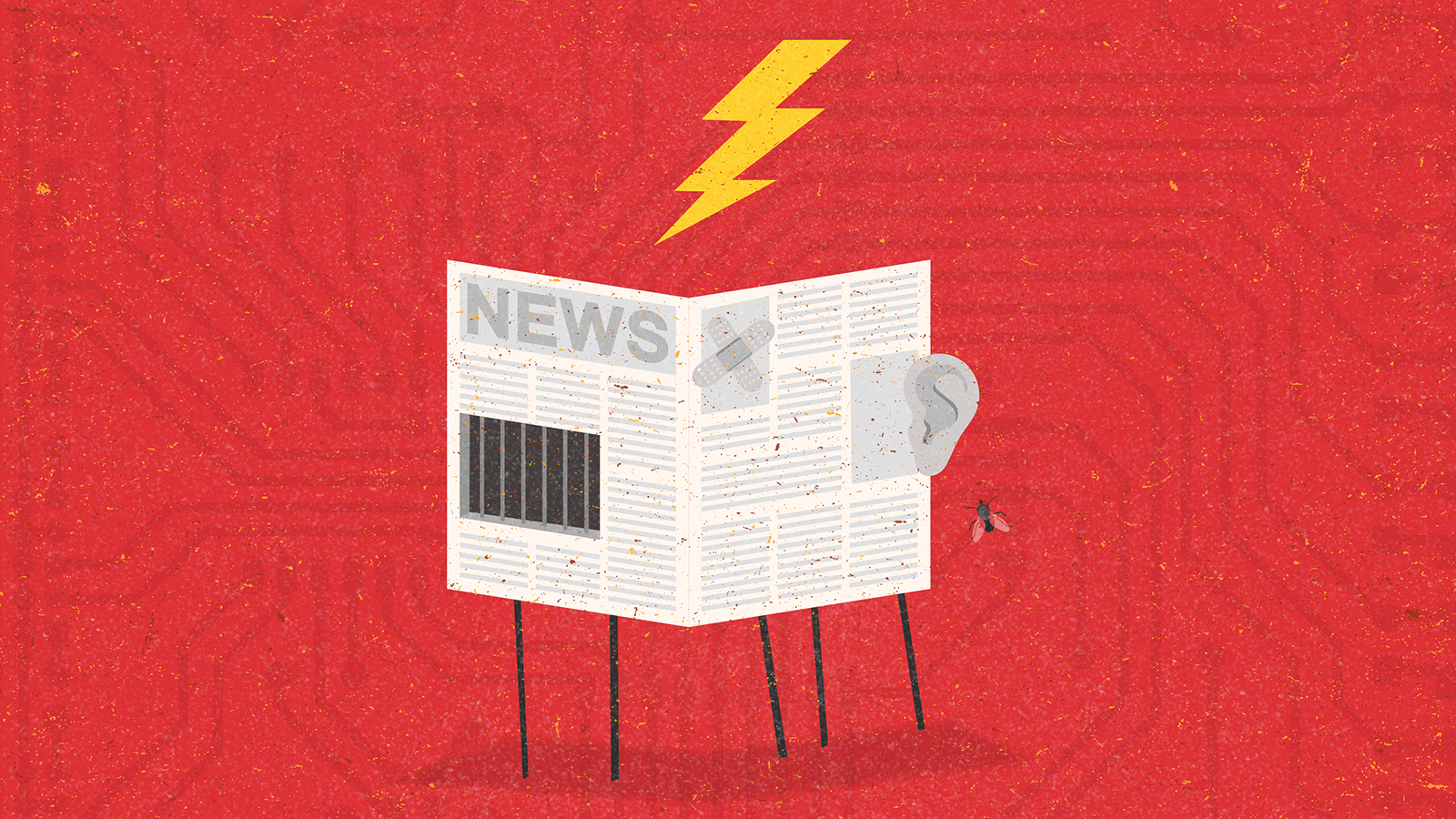Western diplomats who are now dealing with crisis management in the north did not address the issue of elections in discussions on the European Union Proposal and the proclaimed agreement regarding the annex for implementing the Ohrid Agreement.

*Prepared by: Fitim Gashi
As a result of the escalation of the situation in the northern part of the country, envoys Gabriel Escobar and Miroslav Lajcak are conducting visits in Kosovo and Serbia, urging for a de-escalation of the situation within this week.
Regarding the tense situation in the four northern municipalities, Western diplomats pointed their finger at the government of Kosovo. The first consequence for Kosovo from the United States was exclusion from this year's largest military exercise led by the U.S., "Defender Europe 23," and statements that they will not show enthusiasm to support Kosovo on the international stage.
The three demands of the EU and the USA are the de-escalation of the situation in northern Kosovo, the holding of new elections for municipal mayors, and the return to the dialogue mediated by the EU.
Despite pressure from the West, Kurti insisted that he fulfilled only a legal and constitutional obligation to enable mayors to access municipal facilities. He blamed Serbia for creating tensions in the north through illegal structures.
The ongoing crisis that was ignored
The situation in the north began to escalate as early as December 2022. Western diplomats who are now dealing with crisis management in the north did not address the issue of elections in discussions on the European Union Proposal and the proclaimed agreement regarding the annex for implementing the Ohrid Agreement. The agreement, hailed by the US and the EU as a significant step towards normalizing relations, was not given much attention by the diplomats involved.
The fact that the Ohrid Agreement was reached before the originally scheduled date for the extraordinary elections should have paved the way for the return of Serbs to institutions and their participation in the elections. Consequently, another crisis in the north, which overshadowed the implementation of the agreement, could have been avoided.
Moreover, the fear of a potential resurgence of an ethnic conflict in the Balkans resurfaced following violent clashes in northern Kosovo. They started on May 26th, the day when Albanian mayors went to municipal buildings in Leposaviq, Zveçan, and Zubin Potok, assisted by special units of the Kosovo Police. These buildings were previously managed by the Serbian List until the April 23rd elections, marking the first time since 2013 that the Serbian List lost power in the north.
Zveçan, the epicenter of the clash

Unlike previous years where the epicenter of tensions was the bridge over the Iber River in Mitrovica, this time the major clash occurred in the neighboring municipality of North Mitrovica - Zveçan. On May 29th, after the Kosovo Police managed to get the mayors inside by dispersing the crowd of protesters with tear gas, KFOR also became involved.
The protesters continuously provoked the situation by resorting to violence and throwing objects at police officials. They also placed provocative graffiti with Serbian and Russian symbols on vehicles belonging to KFOR and the Kosovo Police.
Protests against the newly elected Albanian mayors also took place in Zubin Potok and Leposaviq.
On the morning of the 29th of May, all the roads leading to the municipality of Zveçan were filled with KFOR soldiers. A cordon of KFOR soldiers was positioned about 100 meters away from the municipal building.
The gathering of Serbs, who had chosen the municipal building as their final destination, began around 7 o'clock. Among the protesters, there were also people wearing black masks and caps. Dozens of protesters initially broke through the KFOR cordon and marched toward the municipality. As they approached the main entrance, the Kosovo Police prevented their entry by using pepper spray.
The members of the Kosovo Police remained inside, while the KFOR contingent formed a cordon in front of the crowd, in the presence of Serbian List leader Goran Rakic and Deputy Chairman Igor Simic.
The protesters' refusal to comply led to clashes
Despite the ongoing requests from the leader of KFOR units to disperse the crowd in order to avoid confrontation, the crows refused. The protesters also did not comply with the request from the Serbian List leader to allow the removal of two Kosovo police armored vehicles, which were surrounded by officers inside and amidst the crowd.
This led to an escalation of the situation. Molotov cocktails, shock bombs, and other heavy objects were thrown towards KFOR. Gunshots were also heard as the clashes intensified, resulting in three soldiers being injured by bullets, according to a statement from KFOR.
According to them, the targets of the unprovoked attacks were soldiers from the Italian and Hungarian contingents, who suffered injuries on various parts of their bodies and burns from explosive devices.
The Kosovo Police also ranked the actions of the protesters as violent and arrested five of them on suspicion of causing harm to KFOR personnel.
The protesters did not spare the journalist teams either, as in some cases, they were also targeted.
The action to enable mayors to enter the municipality buildings in the north took place on the same day when Serbian President Aleksandar Vucic held a miting in Belgrade. The government's move was described by Kosovo rapporteur Viola von Cramon as the best gift for Vucic, who is seeking to consolidate his power after opposition protests.
Following numerous reactions, the situation in the north calmed down, but the Serbs’ protests are continuing. They are demanding the removal of the mayors and special units from the municipal buildings. While awaiting a resolution, KFOR is continuing to guard the buildings of the three municipalities in the north. Since May 29th, the mayor of one of the municipalities, Lulzim Hetemi, has not left his office.
*This article is published as part of the Western Balkans Regional Initiative against disinformation. “Western Balkans Anti-Disinformation Hub: exposing malign influences through watchdog journalism.”





























































